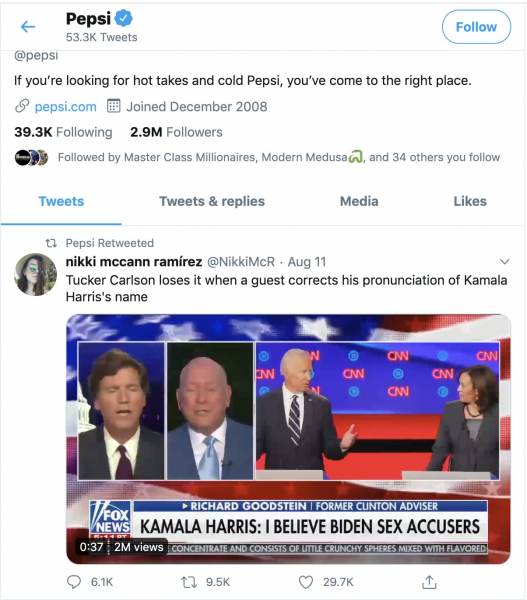

Spencer Greenberg, a mathematician who runs a website for improving decision-making, found that the one of the biggest predictors of voting for Trump after party affiliation was the rejection of political correctness-Trump’s voters felt silenced. After the election, Sean McElwee, a policy analyst at the progressive group Demos Action, reported that Donald Trump had received his strongest support among Americans who felt that whites and Christians faced “a great deal” of discrimination. That became a familiar theme during the 2016 campaign. But conservatives will tell you that liberals demonstrate their own intolerance, using the strictures of political correctness as a weapon of oppression. Media outlets on the right have played up the incidents as evidence of rising close-mindedness on the left.įor years, it’s conservatives who have been branded as intolerant, often for good reason.

Last month, the University of California, Berkeley, canceled a lecture by the conservative commentator Ann Coulter due to concerns for her safety-just two months after uninviting the conservative writer Milo Yiannopoulos due to violent protests. In March, students at Middlebury College disrupted a lecture by the conservative political scientist Charles Murray because they disagreed with some of his writings. Matthew Hutson is a science writer in New York and author of The 7 Laws of Magical Thinking: How Irrational Beliefs Keep Us Happy, Healthy, and Sane.


 0 kommentar(er)
0 kommentar(er)
